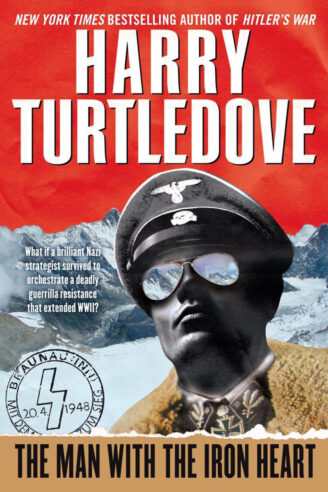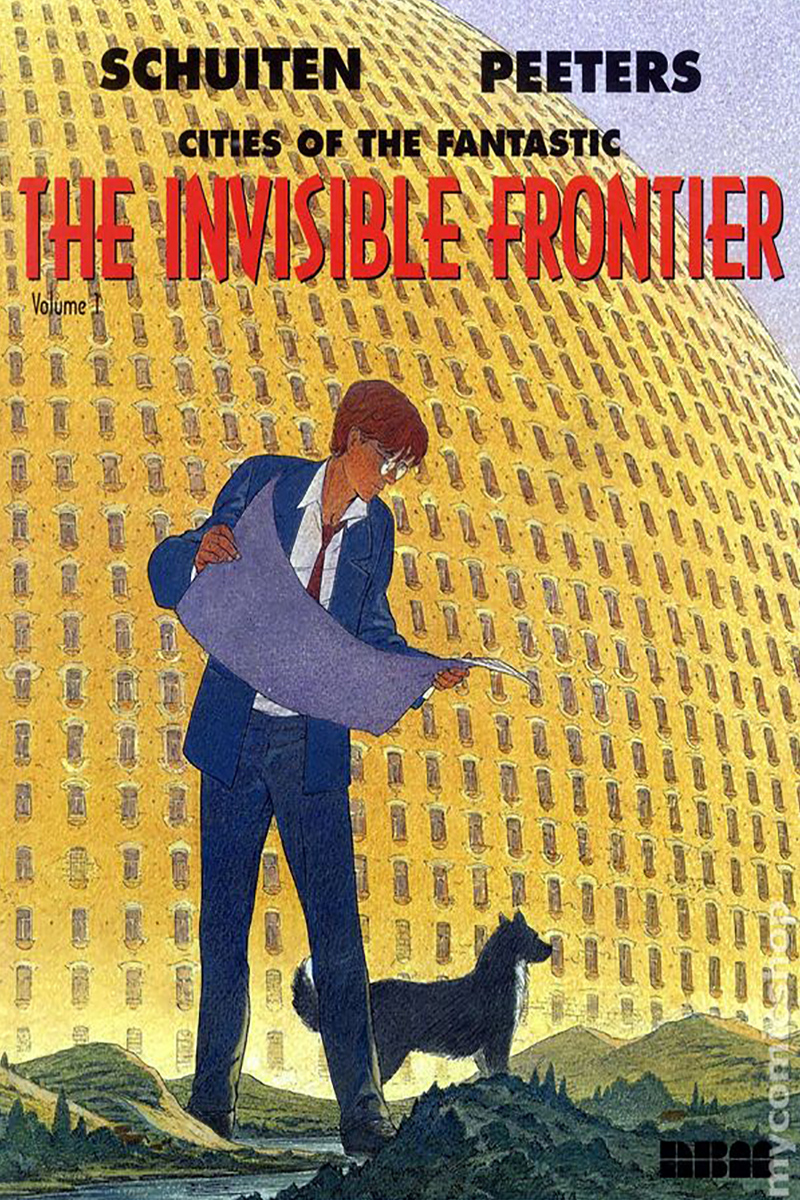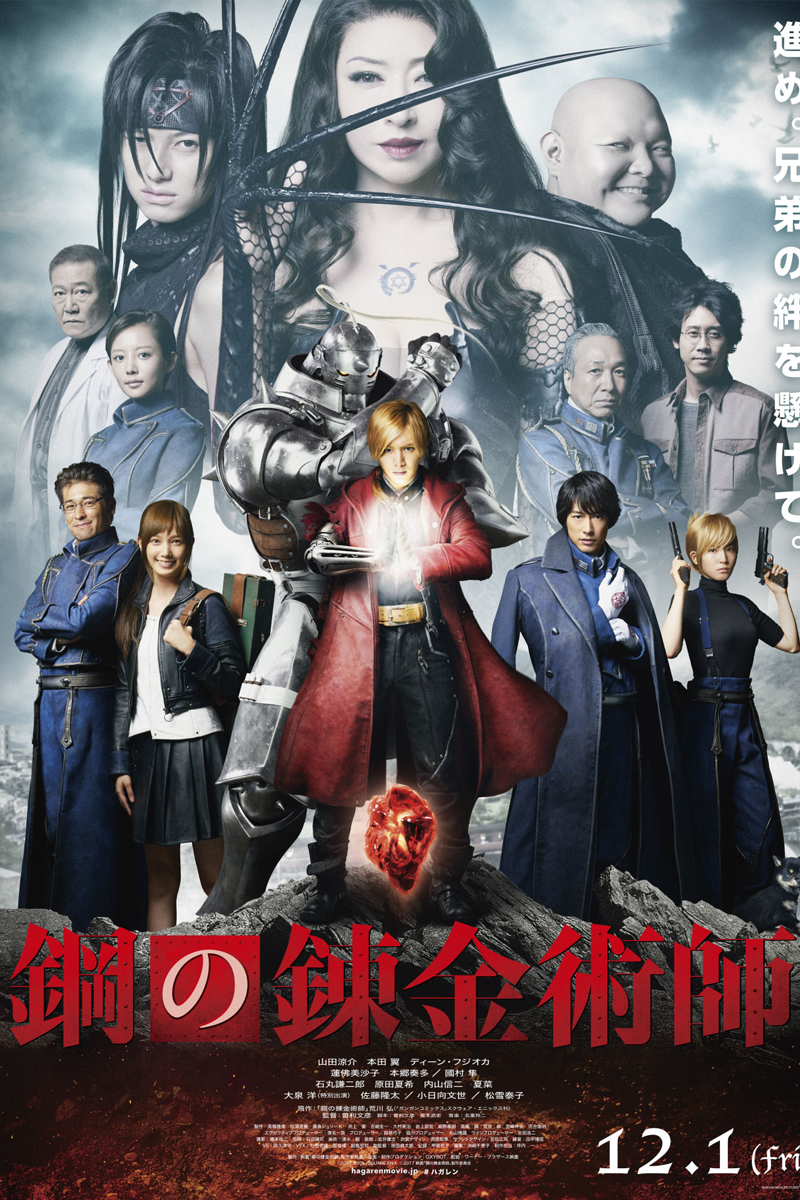One of my theories about Harry Turtledove is that, for all times he’s been labeled “the master of alternate history,” he never had the most enthusiasm for the genre.
It goes like this: Turtledove wanted to write Byzantine/Eastern Roman-themed fantasy, but after The Guns of the South (1992), alternate history became the money-making niche that he was stuck in. Turtledove would be neither the first nor last writer to have their most successful fiction be considerably different from the type they actually wanted to write.
Or maybe he did have enthusiasm for the genre but didn’t have the mindset needed to really take advantage of it. Or maybe the nature of alternate history and needing to appeal to a generalist audience who doesn’t have the most knowledge of history forced him into a corner.
Whatever the reason, The Man with the Iron Heart symbolizes the weaknesses of his style vividly.
The plot is simple. Reinhard Heydrich survives, gets the Werwolf resistance movement up and running, and launches a horrifically ham-fisted/anachronistic Iraq War analogy.
In reality, the German populace at large had no stomach for continued resistance and the Allies, who came close to turning Germany into a giant farm, were prepared to crack the whip. The Werwolf plan was doomed from the get-go by the scarce resources and infighting that was baked into the Nazi regime from day one.
The execution of the book is done just as clumsily and clunkily as the setup. Much of Turtledove’s writing has the problem of what I frequently call the “technothriller without technology or thrills,” and this is no exception. It uses the “alternate history as a genre format” where there’s a big-picture, broad-viewpoint look at the situation and changed world. However, if the changed world is nothing but an unrealistic and worse, uninteresting analogy, that format is the worst possible.
Alternate history is a very divided genre. There are a lot of reasons for this, from the vague nature of what it even is to the different desires of different fandoms to how it’s frequently not considered advantageous to label a work as such. But that the “mainstream” end often consists of books like this doesn’t help.
Maybe there’d be more overlap if someone really did extensive research, made it more character-focused, and kept it feeling substantially different while providing still noticeable but far more subtle commentary. Instead, Turtledove wrote this book, which I do not recommend.
This story was originally published in Fuldapocalypse Fiction.





